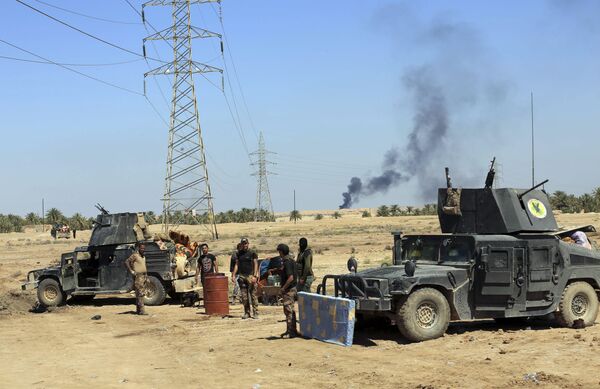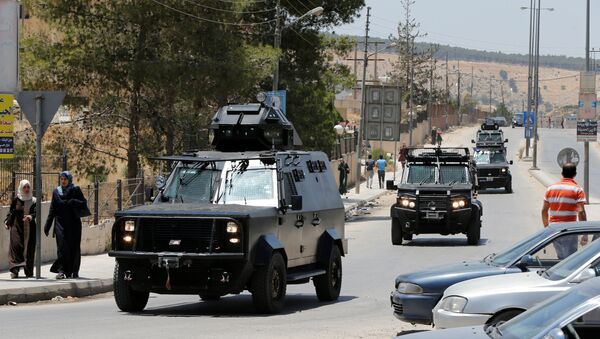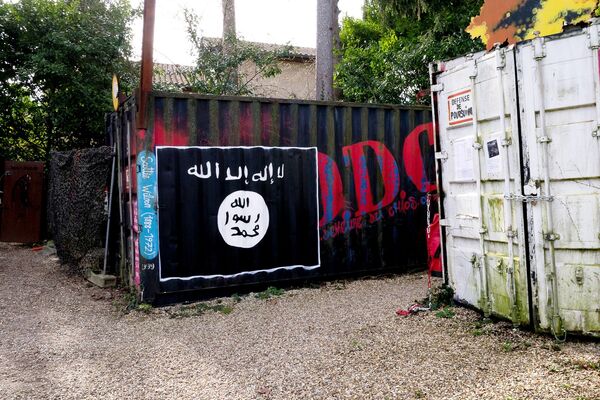The article came after at least seven Jordanian guards were killed and 13 more wounded in a suicide truck-bomb attack that occurred on the Syrian-Jordanian border area on June 21. Five days later, Daesh claimed responsibility for the attack.
According to Magid, by publicly claiming this attack, Daesh has "intensified its ongoing struggle against the Hashemite kingdom," almost two year after Amman joined the international anti-Daesh coalition in September 2014.

Magid recalled that after Daesh terrorists "brutally burned Jordanian pilot Muath al-Kaseasbeh last year," the government pledged an "earth-shaking response" to the killing.
Shortly afterwards, Jordan's King Abdullah ordered the country's military to conduct more airstrikes on Raqqa, Daesh's stronghold in Syria.
In this vein, Magid quoted Hassan Hassan, co-author of the book "ISIS: Inside the Army of Terror," as saying that Daesh considers the Hashemite Kingdom even "worse than the Americans because this is an Arab and Muslim country that has declared war against it."
As for the June 21 bombing, it should be seen in a broader regional context, Magid said, referring to Oraib Rantawi, the director of the Amman-based Quds Center for Political Studies, who pointed to Daesh's fading clout in Syria and Iraq.
"Daesh started losing territory in Iraq and Syria and was being cornered on many fronts," something that Rantawi said prompted the terrorists "to commit such attacks to send messages to all parties concerned that [they] are still strong and have the ability to harm [their] enemies."
Hassan, for his part, argued that the June 21 bombing was aiming at boosting Daesh's popularity "within certain segments of Jordanian society," including those who see the Jordanian leadership as "illegitimate and apostate."
He also was quoted by Aaron Magid as predicting more terrorist attacks on Jordanian territory in the immediate future. He also pointed to the fact that Daesh, for the first time, claimed responsibility for a border attack against Jordan, although it has more than once tried "to strike the Hashemite kingdom in the past."
Following the June 21 attack, Mashal Mohammad Zaben, the Chairman of the Joint Chiefs of Staff of the Jordanian Armed Forces, declared the country's northern and northeastern borders closed military zones.




